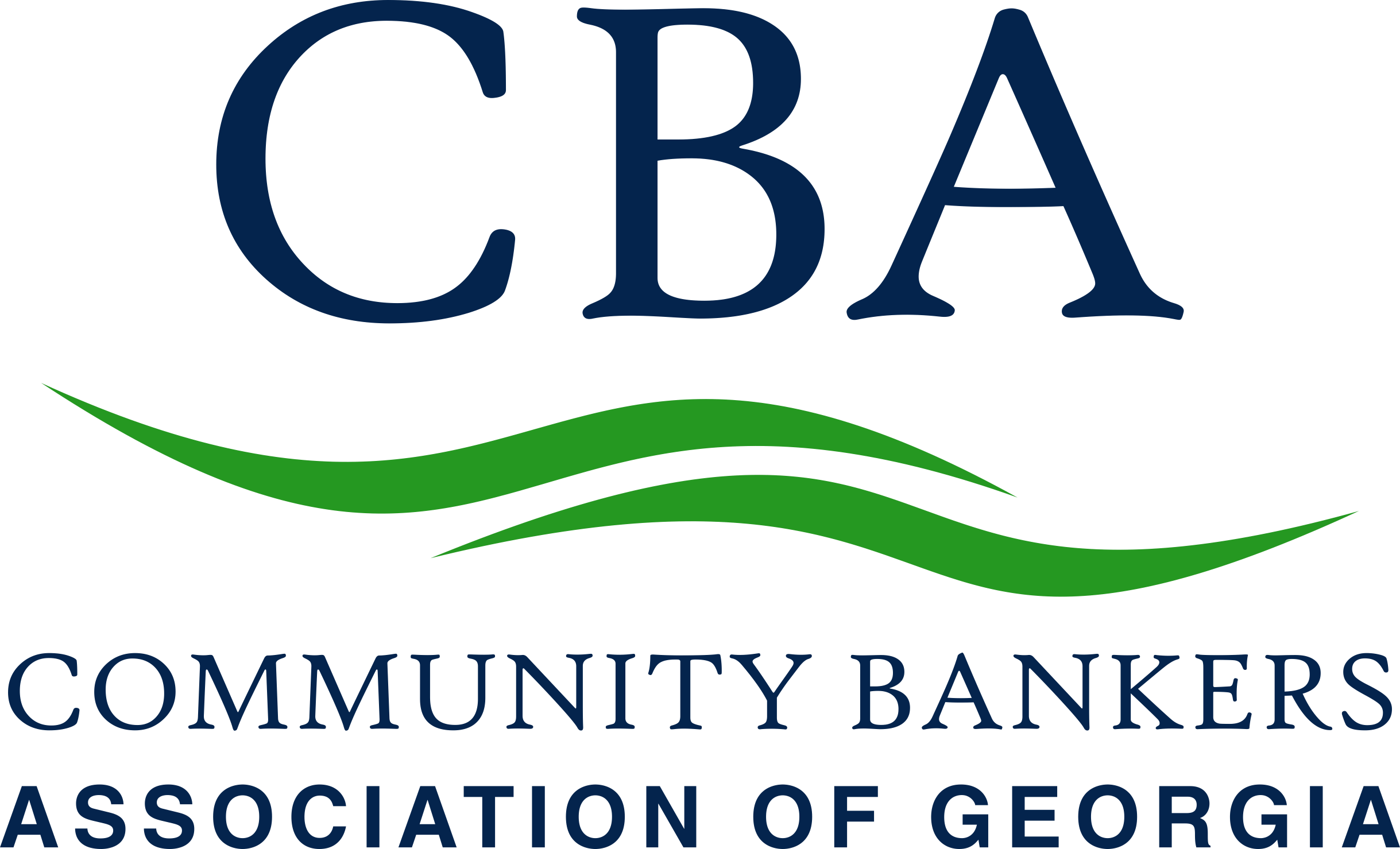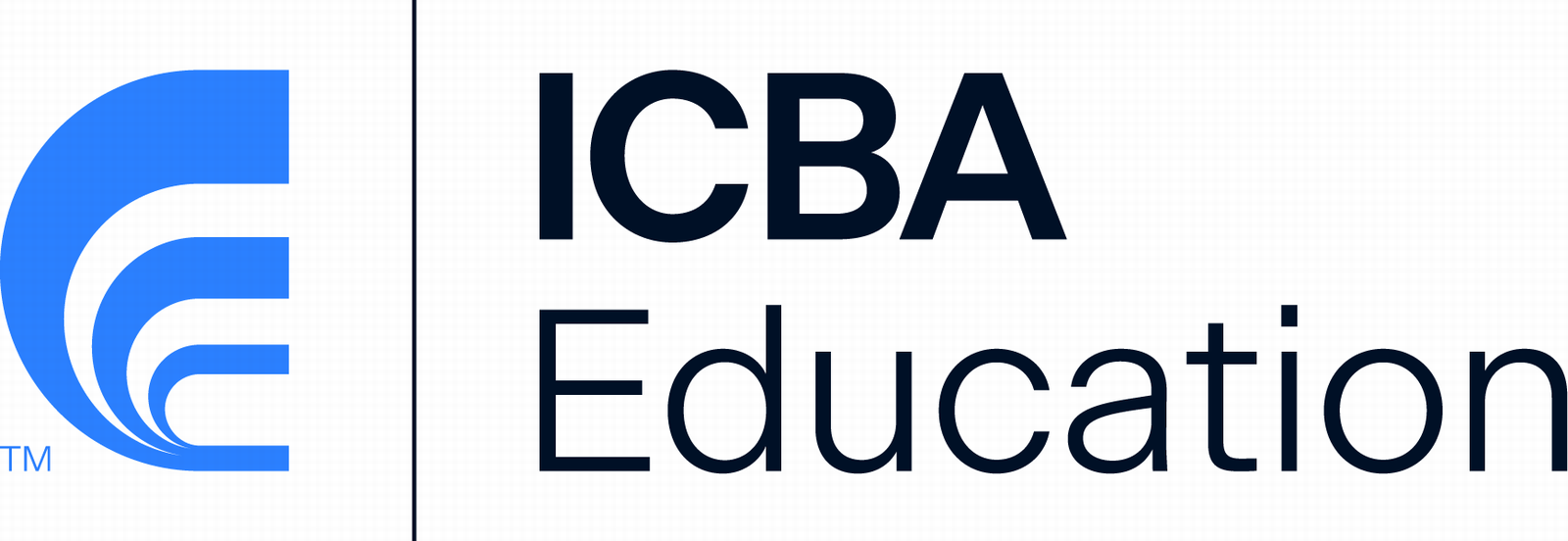Advocacy Update 2023 - Legislative Days 13-16
Date postedFebruary 10, 2023
All Eyes on Committees
While relatively little legislation was considered on the House and Senate floor this week, committees considered over ninety bills in just four days, with meetings beginning at 7:30am and lasting until after 5pm. The House and Senate have a combined 71 standing committees and rely on just a dozen meeting spaces on Capitol Hill in which to convene. With limited space and constrained time, meetings constantly overlap and force legislators and advocates to be in two places at once.
This hectic committee schedule will only increase as the legislature races forward. Next week, they will meet Monday through Thursday, ticking off another four legislative days as the mid-point of the session approaches.
While relatively little legislation was considered on the House and Senate floor this week, committees considered over ninety bills in just four days, with meetings beginning at 7:30am and lasting until after 5pm. The House and Senate have a combined 71 standing committees and rely on just a dozen meeting spaces on Capitol Hill in which to convene. With limited space and constrained time, meetings constantly overlap and force legislators and advocates to be in two places at once.
This hectic committee schedule will only increase as the legislature races forward. Next week, they will meet Monday through Thursday, ticking off another four legislative days as the mid-point of the session approaches.
New Legislation of Interest
Offense of Money Laundering (HB 219) Rep. Scott Hilton, R-Peachtree Corners
Assigned to the House Judiciary Non-Civil Cmte on Feb-6
HB 219 provides for venue for the offense of money laundering and provides for venue for the offense of theft of money held in a financial institution.
Criminal Interference with Critical Infrastructure (HB 227) Rep. Rob Leverett, R-Elberton
Assigned to the House Judiciary Non-Civil Cmte on Feb-6
HB 227 provides for the offense of criminal interference with critical infrastructure, defined as a "publicly or privately owned facilities, systems, functions, or assets, whether physical or virtual, providing or distributing services for the benefit of the public, including, but not limited to, energy, fuel, water, agriculture, health care, finance, or communication."
Rate Cap for Active-Duty Service Members (HB 247) Rep. Lee Hawkins, R-Gainesville
Assigned to the House Judiciary Cmte on Feb-7
HB 247 adds new language to Georgia’s Fair Business Practice Act to set a maximum interest rate of six percent on obligations or liabilities incurred by a service member or their spouse jointly while in active military service. This includes money owed relating to a mortgage, trust deed, charge card debt, credit card debt, or loan with a bank or industrial loan company.
Financial Protections for Elder and Disabled Adults (SB 84) Sen. Chuck Hufstetler, R-Rome
Favorably Reported from the Senate Banking and Financial Institutions Cmte on Feb-8
SB 84 is specific to retirement accounts and provides financial protection for elder and disabled adults who may be victims of financial exploitation. It requires specific reporting and notices and mandates the delay of disbursements or transactions that may result in financial exploitation.
Revenue-Based Financing (SB 90) Sen. Clint Dixon, R-Buford
Favorably Reported from the Senate Banking and Financial Institutions Cmte on Feb-8
SB 90 adds a new code section specific to commercial financing transactions, which are defined as a business purpose transaction in which a person extends a business a commercial loan or a commercial open-end credit plan OR that is an accounts receivable purchase transaction. The legislation comes at the request of the Revenue Based Financing Coalition.
The bill was introduced on Feb-6 and voted out of the Senate Banking and Financial Institutions Committee on Feb-8. It is identical to legislation advocates are also pursuing in the House (HB 84), which also came out of the House Banks and Banking Committee that same day. Discussions are ongoing to ensure financial institutions are fully exempt from both bills.
Disposition of Unclaimed Property (SB 103) Sen. Russ Goodman, R-Homerville
Assigned to the Senate Agriculture and Consumer Affairs Cmte on Feb-7
SB 103 relates to the disposition of unclaimed property and provides for the handling of certain wills, specifically as it relates to instances when a will or trust instrument is included in a safe-deposit box. Similar legislation (HB 1352) was introduced in the 2021-2022 session but was not enacted.
Interchange Fees (SB 126) Sen. Billy Hickman, R-Statesboro
Assigned to the Senate Banking and Financial Institutions Cmte on Feb-9
Interchange fees are paid by retailers to facilitate electronic payments made by customers using credit and debit cards. Currently, interchange fees are calculated on the final purchase amount. SB 126 prohibits interchange fees from being assessed on the sales tax portion of these transactions. Point-of-sale systems are not currently programmed to accommodate this requirement and such a wholesale change should be pursued at the federal level, rather than state-by-state.
Offense of Money Laundering (HB 219) Rep. Scott Hilton, R-Peachtree Corners
Assigned to the House Judiciary Non-Civil Cmte on Feb-6
HB 219 provides for venue for the offense of money laundering and provides for venue for the offense of theft of money held in a financial institution.
Criminal Interference with Critical Infrastructure (HB 227) Rep. Rob Leverett, R-Elberton
Assigned to the House Judiciary Non-Civil Cmte on Feb-6
HB 227 provides for the offense of criminal interference with critical infrastructure, defined as a "publicly or privately owned facilities, systems, functions, or assets, whether physical or virtual, providing or distributing services for the benefit of the public, including, but not limited to, energy, fuel, water, agriculture, health care, finance, or communication."
Rate Cap for Active-Duty Service Members (HB 247) Rep. Lee Hawkins, R-Gainesville
Assigned to the House Judiciary Cmte on Feb-7
HB 247 adds new language to Georgia’s Fair Business Practice Act to set a maximum interest rate of six percent on obligations or liabilities incurred by a service member or their spouse jointly while in active military service. This includes money owed relating to a mortgage, trust deed, charge card debt, credit card debt, or loan with a bank or industrial loan company.
Financial Protections for Elder and Disabled Adults (SB 84) Sen. Chuck Hufstetler, R-Rome
Favorably Reported from the Senate Banking and Financial Institutions Cmte on Feb-8
SB 84 is specific to retirement accounts and provides financial protection for elder and disabled adults who may be victims of financial exploitation. It requires specific reporting and notices and mandates the delay of disbursements or transactions that may result in financial exploitation.
Revenue-Based Financing (SB 90) Sen. Clint Dixon, R-Buford
Favorably Reported from the Senate Banking and Financial Institutions Cmte on Feb-8
SB 90 adds a new code section specific to commercial financing transactions, which are defined as a business purpose transaction in which a person extends a business a commercial loan or a commercial open-end credit plan OR that is an accounts receivable purchase transaction. The legislation comes at the request of the Revenue Based Financing Coalition.
The bill was introduced on Feb-6 and voted out of the Senate Banking and Financial Institutions Committee on Feb-8. It is identical to legislation advocates are also pursuing in the House (HB 84), which also came out of the House Banks and Banking Committee that same day. Discussions are ongoing to ensure financial institutions are fully exempt from both bills.
Disposition of Unclaimed Property (SB 103) Sen. Russ Goodman, R-Homerville
Assigned to the Senate Agriculture and Consumer Affairs Cmte on Feb-7
SB 103 relates to the disposition of unclaimed property and provides for the handling of certain wills, specifically as it relates to instances when a will or trust instrument is included in a safe-deposit box. Similar legislation (HB 1352) was introduced in the 2021-2022 session but was not enacted.
Interchange Fees (SB 126) Sen. Billy Hickman, R-Statesboro
Assigned to the Senate Banking and Financial Institutions Cmte on Feb-9
Interchange fees are paid by retailers to facilitate electronic payments made by customers using credit and debit cards. Currently, interchange fees are calculated on the final purchase amount. SB 126 prohibits interchange fees from being assessed on the sales tax portion of these transactions. Point-of-sale systems are not currently programmed to accommodate this requirement and such a wholesale change should be pursued at the federal level, rather than state-by-state.
Other Active Measures
Annual Housekeeping Package (HB 55) Rep. Bruce Williamson, R-Monroe
Adopted by the House on Feb-8
HB 55 is the Department of Banking and Finance’s annual housekeeping package. The Department has been working with stakeholders, the Governor’s Office, Legislative Counsel, and specific legislators since the summer on this 110-page bill. It touches primarily on the Department’s supervision of credit unions, banks, trust companies, foreign bank branch offices, and non-depository financial institutions.
It was unanimously adopted by the House on Feb-8 and has been assigned to the Senate Banking and Financial Institutions Committee. It is possible the Senate Committee will delay action on the measure until later in the session in an effort to prioritize Senate bills before Crossover Day on March 6.
C-PACER Program (HB 206) Rep. Steven Sainz, R-Woodbine
On the agenda for a House Governmental Affairs Subcmte Hearing on Feb-14
Commercial Property Assessed Conservation, Energy, and Resiliency (C-PACER) is a public-private partnership that is intended to enable commercial building owners to invest in their property. Under these programs, a private lender finances energy-saving building upgrades. The property owner uses generated savings to repay the lender via a special assessment added to their property tax bill.
Because of the tax bill component, state law and municipal ordinance must explicitly allow for C-PACE projects. Georgia currently has a very limited C-PACER program on the books but evidently, very few C-PACE projects have been completed.
Last year, a group of private lenders introduced HB 1413. CBA and other trade groups representing financial institutions objected to certain provisions within the bill, and it did not advance in 2022.
C-PACER proponents have now introduced HB 206. This bill reflects changes made by the proponents to mitigate the concerns of the financial trade industry so that if the bill passes banks are in a better position than they were in the previous bill. Mitigating factors include:
- Maximum LTV 80%
- C-PACE loan is capped at a maximum of 25%
- Tightening of how often these loans can be used by defining resiliency
- Timing of when a bank is involved from a consent perspective as well as tightening of the waiver language
CBA is in a monitoring position and will neither support nor fight the bill as it stands presently, but will recognize the efforts by the proponents of the bill to work with our industry.
Notices to Beneficiaries (HB 91) Rep. Will Wade, R-Dawsonville
Favorably reported from the House Judiciary Cmte on Feb-9
HB 91 requires personal representatives to send notices to beneficiaries regarding the issuance of letters of testamentary or letters of administration. It revises a definition regarding Uniform Transfer on Death Security Registration. The author had a similar bill last year (HB 1350) but it was unsuccessful in making it to the Governor’s desk.
Curing Defective Deeds (HB 182) Rep. Matt Reeves, R-Duluth
Favorably reported from the House Judiciary Cmte on Feb-9
HB 182 incorporates the legislative correction recommended by the United States Eleventh Circuit Court of Appeals in Pingora Loan Servicing, LLC, v. Scarver. At issue is that an attorney's acknowledgment of a deed was not sufficient to remedy the fact that it lacked the requisite two attestations under Georgia law.
Authorize For-Profit Credit Repair (HB 187) Rep. Rob Leverett, R-Elberton
Pending in the House Agriculture and Consumer Affairs Cmte
Existing Georgia law only allows credit repair services offered by lenders, banks insured by the FDIC, and nonprofit organizations. HB 187 opens Georgia’s credit repair industry by authorizing for-profit credit repair services. Industries that rely heavily on credit scores have been weary of past efforts because CRSOs tend to dispute accurate and valid items, potentially diminishing the value of credit scores.


